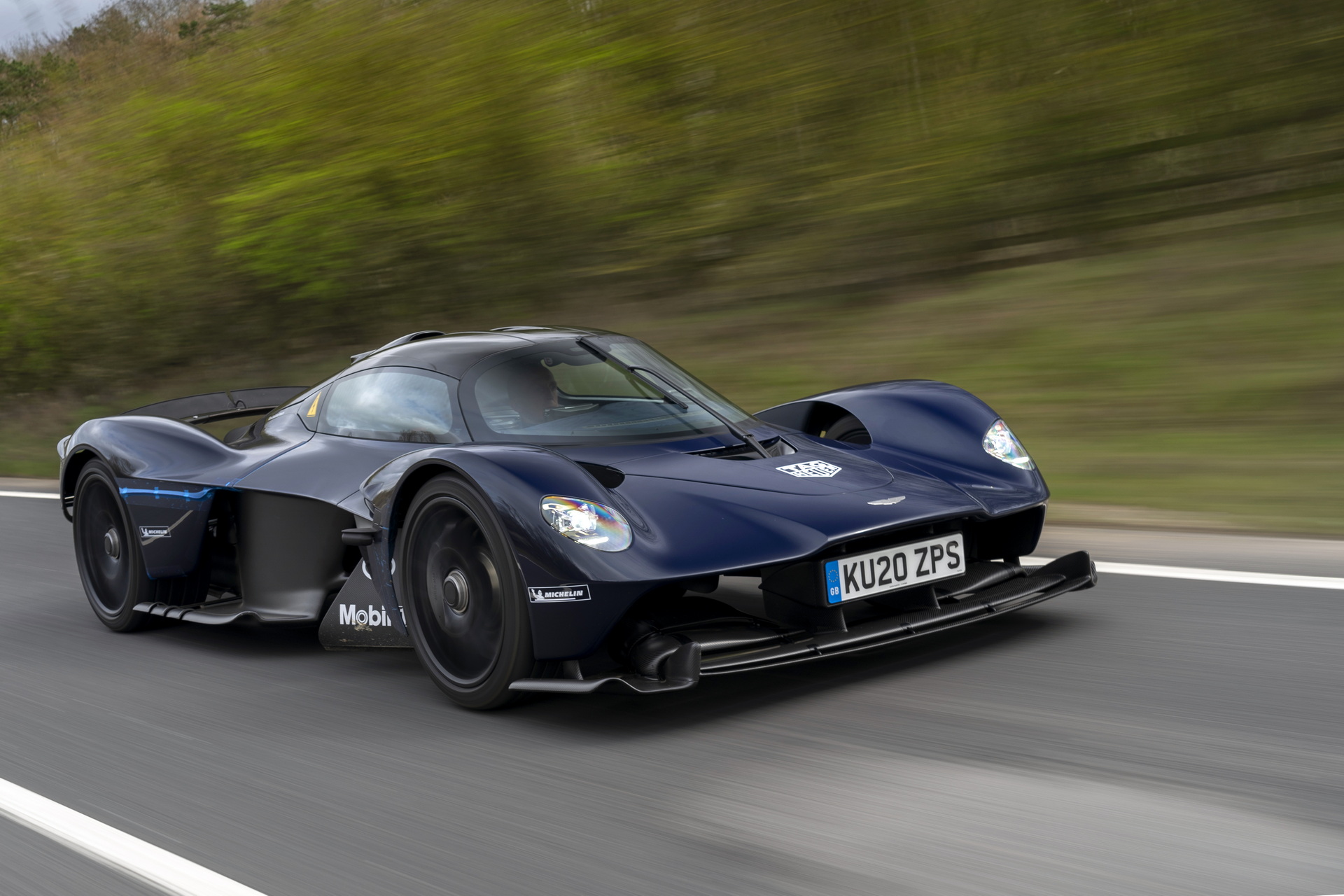Lawrence Stroll’s plan for the future success of Aston Martin and to prevent it from going bankrupt an eighth time is to focus on customizing cars for buyers and increasing its selling volume.
The automaker’s new executive chairman has a plan to make the British sports car manufacturer more like Ferrari in the near term and to lean on the might of its shareholder, Mercedes, to navigate the tricky transition into the electric future.
The company is tasking its CEO, Tobias Moers, the former head of Mercedes-AMG, with the job of increasing profitability. Oddly, in a company this size, that actually means more customization.
Read Also: This Kermit Green Aston Martin Vantage Might Be The Best Way To Make A Splash
“When I came in, the company was manufacturing-dominated instead of engineering-led, which for an auto luxury business is insane,” Moers told Reuters. “In a company this size, you need maximum flexibility and agility.”
Since Moers joined Aston Martin in 2020 the rate of custom orders has risen from six percent of overall sales to 50 percent. That’s still behind Ferrari’s rate of customization, which analysts say is closer 55 percent, but it’s a significant step forward for the British sports car company. To facilitate increasing customization, it wants to make its own seats and steering wheels in order to make applying things like custom stitching more cost-effective, somewhat counterintuitively.
“Variation at Mercedes-Benz was a nightmare, we wanted to cut it down and cut it down,” Moers said. “But here, this is our purpose.”
Although custom is king at Aston Martin, big projects like the Valkyrie that require expensive engineering efforts will not happen again. Instead, it will focus on more profitable sports cars and hopes to match Ferrari’s 10,000 units per year figure by 2025 in order to make the development of new models sustainable.
In order for its transition to electric performance to be possible, it will have to depend on its shareholder Mercedes-Benz. According to Stroll, the German company “will be the base of whatever we do” when it comes to making electric vehicles.
Having a plan, though, does not necessarily convince investors. Aston Martin has been burning through money as part of its reinvention and it won’t be easy to make 10,000 units per year.
“It’s precarious and it is possible for this company to go bust,” Charles Coldicott, an equity research analyst at Redburn told Reuters. “If you put a gun to my head, I would say my base case is Mercedes will acquire the business.”
Despite the naysayers, though, Aston Martin believes it can forge ahead to create a sustainable business model in a more sustainable future.






